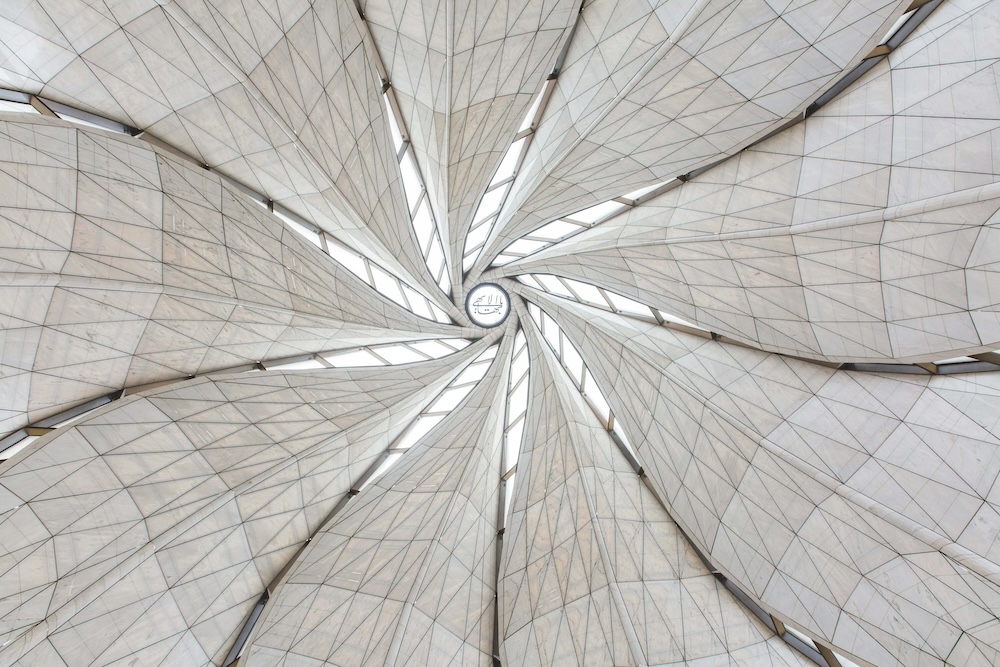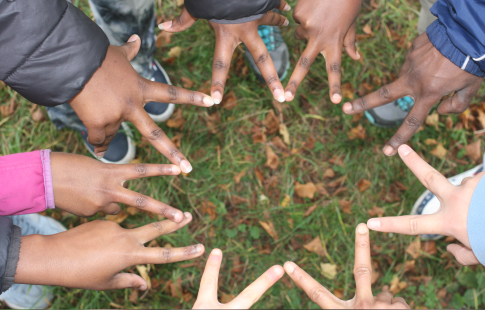
Manifestations of God: God’s divine Educators
Throughout history, God has sent divine Educators–known as Manifestations of God–to cultivate humanity’s spiritual, intellectual and moral capacities. Abraham, Krishna, Zoroaster, Moses, Buddha, Jesus Christ, Muhammad, and, more recently, the Báb and Bahá’u’lláh, are a few of these divine Educators. Bahá’u’lláh, the latest of these Messengers, explained that the religions of the world come from the same Source and are in essence successive chapters of one religion from God.
Vision of Bahá’u’lláh
Bahá’ís believe that humanity faces a two-fold challenge: to develop a unifying vision for the future of society and to understand the nature and purpose of life. The writings of Bahá’u’lláh demonstrate how to meet this challenge, by delving into the core of human motivation. Bahá’u’lláh’s teachings awaken new capacities in individuals, enabling them to contribute to the betterment of the world like never before.


Universal peace: one of the teachings of Bahá’u’lláh
The teachings of Bahá’u’lláh are vast in their scope, exploring such themes as the nature and purpose of Revelation, the inherent nobility of human beings, the cultivation of spiritual qualities, and humanity’s interactions with the natural world. The Bahá’í Writings are also replete with references and explanations of the social principles of universal peace—“the supreme goal of all mankind”.
Some of these principles are:
- the independent search for truth
- the oneness of the entire human race
- the abolition of all forms of prejudice
- the harmony between religion and science
- the equality of men and women
- the introduction of compulsory education
- the adoption of a universal auxiliary language
- the abolition of the extremes of wealth and poverty
- the establishment of a world tribunal for the adjudication of disputes between nations
- the confirmation of justice as the ruling principle in human affairs
Bahá’ís view these principles as matters of immediate and practical concern for individuals, communities, and institutions alike.
